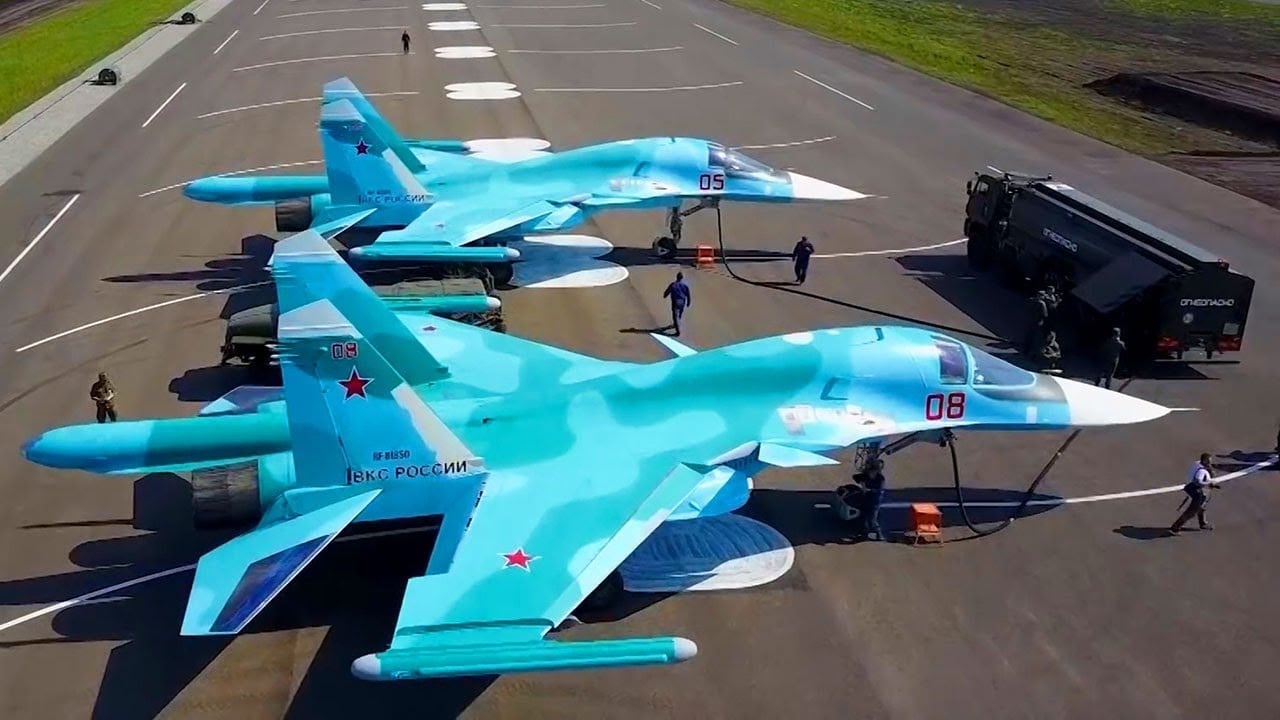Russia: How Much of a Threat for the U.S. Military considering Moscow’s poor Ukraine performance? The arrival of Spring is always accompanied by lots of work for the U.S. military. Warmer weather and birds chirping away means that the Pentagon’s top military officers must go to Congress and testify in front of the Senate and House Armed Services Committees about their combatant commands.
This can be a stressful experience during normal times, but it was more so this year because of the ongoing Russian invasion of Ukraine. The commander of the U.S. European Command (EUCOM), under whose area of responsibility Ukraine and Russia fall, had a particularly interesting testimony.
The Russian Threat
A few weeks ago, EUCOM commander U.S. Air Force General Tod Wolters went in front of Congress and gave his annual posture statement.
Moscow uses irregular warfare, including disinformation campaigns, cyberwarfare, intelligence activities, and energy manipulation, to advance its foreign and domestic goals.
According to the EUCOM commander, the Kremlin uses these and other tools in an attempt to coerce, weaken, and divide NATO and the European Union in what amounts to a divide and conquer strategy.
“Russia pursues malign activities, including military aggression, aimed at undermining democracy, the rules-based international order, and has a willingness to use force to achieve its aims. Russia pursues these activities despite widespread international condemnation and economic sanctions. President Putin leverages coercive and aggressive policies to counter Western influence and threaten peace and stability in Europe,” General Wolters said in his testimony.
However, what is the most dangerous trait of the Russian leadership is its ability to habitually misinterpret warnings and intelligence. The ill-advised invasion of Ukraine is the best possible example of this inability to accurately “read the room.”
“As a result, the Russian government has growing confidence in its military leadership and menu of hybrid, conventional, strategic, and non-strategic nuclear capabilities needed to underwrite its 21st century security approach. Today, Russia underpins its military with Integrated Air Defense Systems (IADS), tactical undersea warfare capabilities, cyber and electromagnetic systems, anti-satellite weapons and counter-space capabilities, unmanned aerial and ground systems, and long-range hypersonic and precision fire capabilities,” Wolters stated.
And yet, the poor performance of the Russian military in Ukraine should force the Pentagon to consider whether Moscow is really a near-peer adversary.
The Russian Nuclear Threat
When it comes to nuclear weapons, Russia continues to present the most serious threat to the U.S. as it has the biggest nuclear arsenal in the world. As the Russian military continues to fail in Ukraine, the Kremlin is talking about the “nuclear stick” increasingly more.
“Russia’s nuclear arsenal and strike capability remains an enduring, existential threat to the United States, democracy, and our peaceful Allies and Partners. A central concern is Russia’s non-strategic nuclear weapons stockpile and the Kremlin’s potential to use these weapons in crisis or conflict,” Wolters said.
Moscow has tactical nuclear weapons, and no one but Russian President Vladimir Putin and his closest advisers knows if they will be used.
1945’s New Defense and National Security Columnist, Stavros Atlamazoglou is a seasoned defense journalist specializing in special operations, a Hellenic Army veteran (national service with the 575th Marine Battalion and Army HQ), and a Johns Hopkins University graduate. His work has been featured in Business Insider, Sandboxx, and SOFREP.

